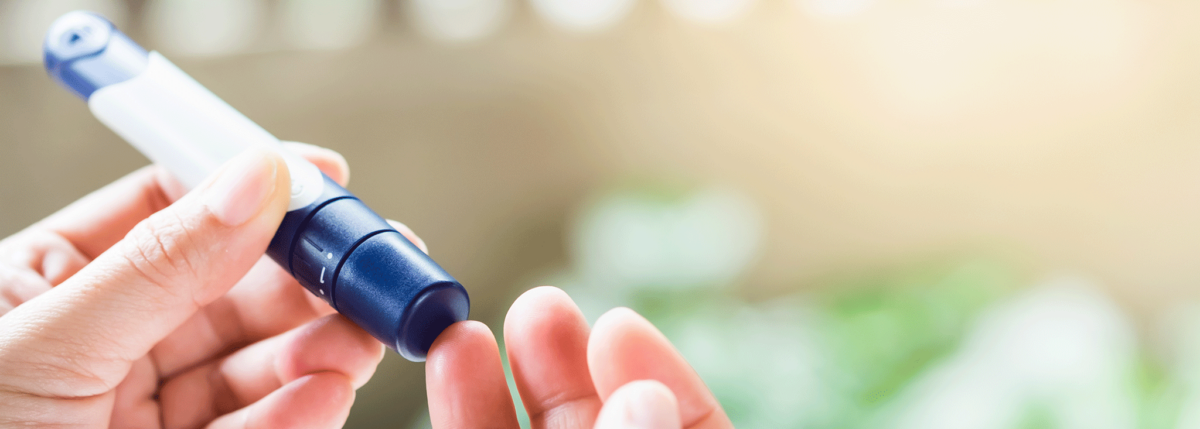How Often Should You Check Your Blood Sugar?
Checking your blood glucose frequently is essential to proper diabetes management. Timing is key when it comes to understanding how certain foods affect your blood glucose levels, as well as other factors such as exercise and the kind of insulin you’re using.
Diabetes Canada, the American Association of Clinical Endocrinologists and the American Diabetes Association have helpful recommendations on how often you should check your blood glucose levels. If you:
Use intensive insulin therapy—pump or multiple daily injections:
- At least three times a day
- Prior to meals, snacks and bedtime.
- Prior to exercise and driving (or other critical tasks)
- Occasionally one-to-two hours after meals
- When low blood glucose is suspected, and during recovery from lows
Use basal or long-acting insulin only:
- After fasting—shortly after waking
- Prior to bedtime
- Prior to any meals when rapid insulin is taken
- Periodically at other times of day—pre- and post-meals and the middle of the night.
Take premixed insulin:
- When fasting or before your first and subsequent meals.
- Occasionally one or two hours after meals.
Take only oral medication that can cause hypoglycemia:
- Shortly after fasting.
- Periodically at other times of day such as pre-meal or one hour post-meals, and the middle of the night.
These tips serve as guidelines to help you develop a solid diabetes management plan and do not replace personalized medical advice. Please consult with your doctor or other members of your diabetes care team on how often you should check your blood glucose levels each day.
References
https://www.diabeteseducator.org/practice/educator-tools/self-monitoring-of-blood-glucose





